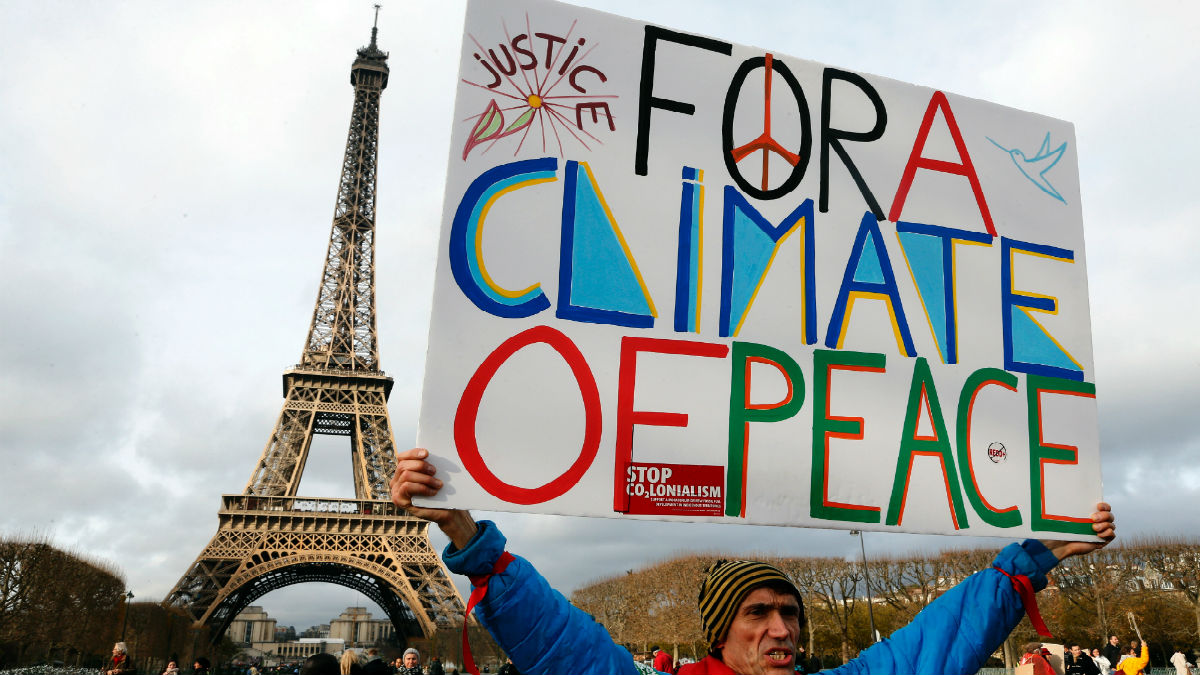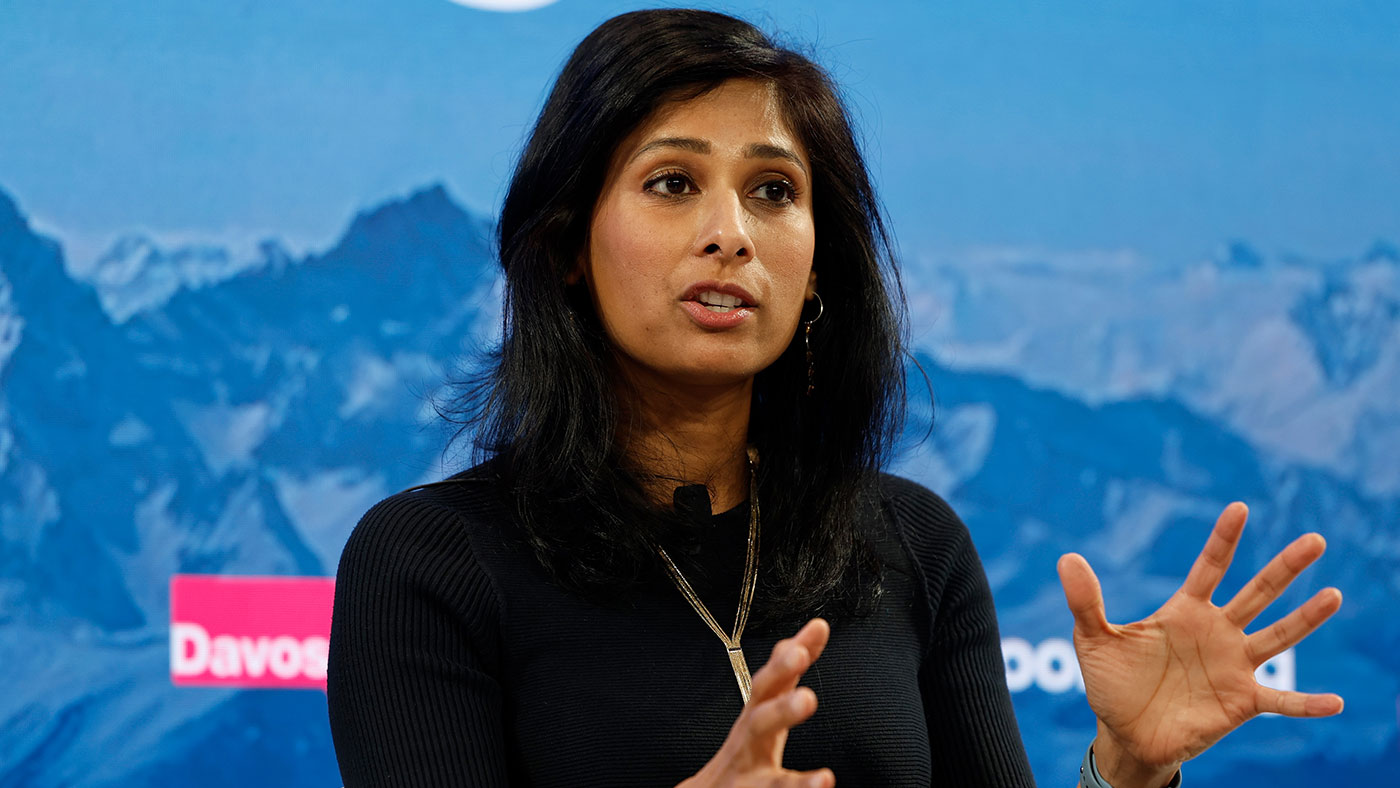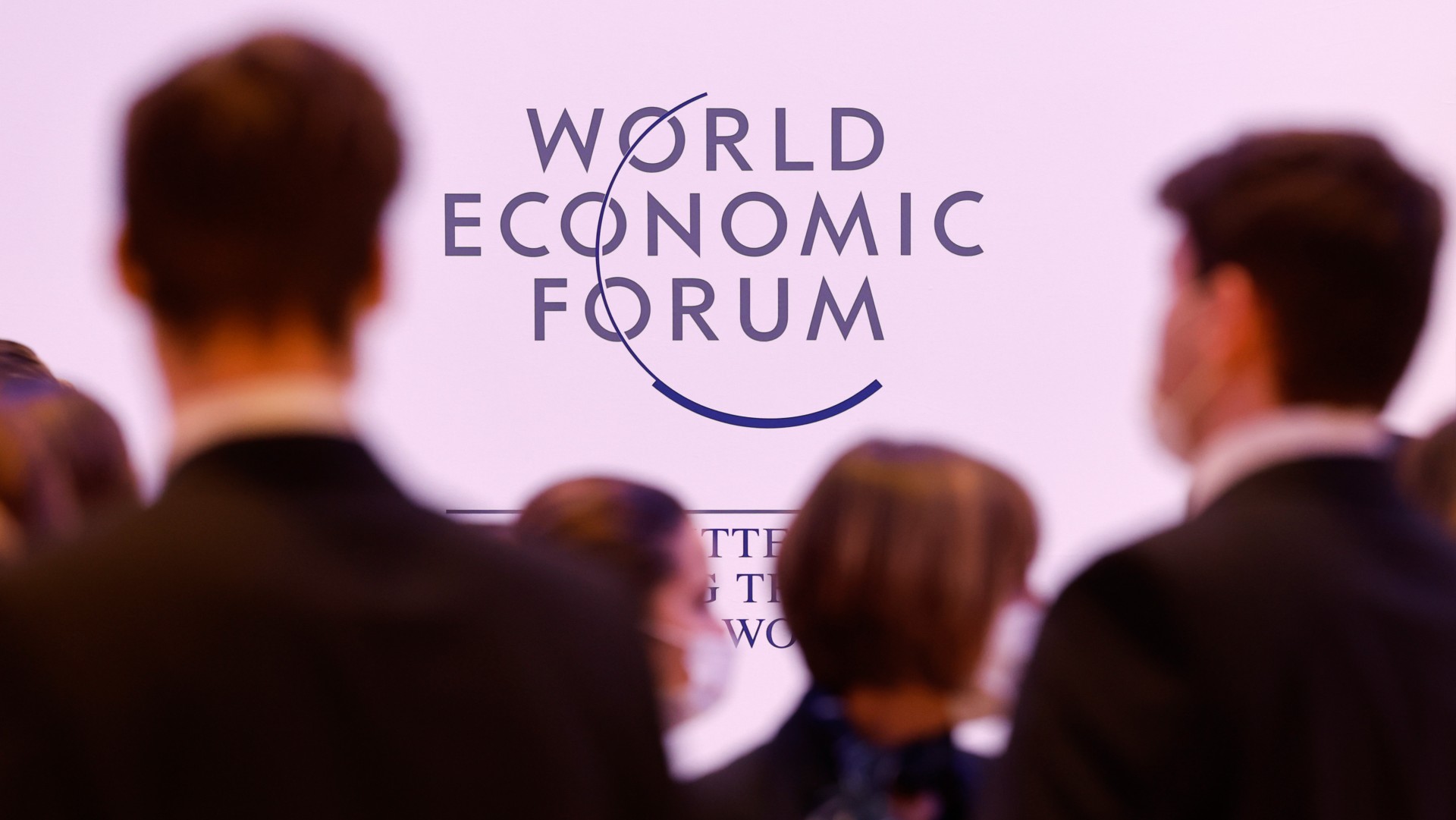What is the biggest risk to the global economy?
Migration seen as the most likely threat to emerge in the short-term, but climate change is the biggest

A free daily email with the biggest news stories of the day – and the best features from TheWeek.com
You are now subscribed
Your newsletter sign-up was successful
Policymakers around the world are facing an increasing array of risks likely to hit global growth in the coming decade, reports the World Economic Forum.
An annual survey of 750 experts, published ahead of next week's WEF meeting in Davos, Switzerland, cited 24 issues that should be at the front of policymakers' minds in the coming years. Each one had been continuously measured and had increased in likelihood in the past three years, it said.
For the first time, the survey cited the negative consequences of climate change as the biggest threat facing the global economy, notes The Guardian. "A failure of climate change mitigation and adaptation was seen as likely to have a bigger impact than the spread of weapons of mass destruction, water crises, mass involuntary migration and a severe energy price shock," the newspaper says.
The Week
Escape your echo chamber. Get the facts behind the news, plus analysis from multiple perspectives.

Sign up for The Week's Free Newsletters
From our morning news briefing to a weekly Good News Newsletter, get the best of The Week delivered directly to your inbox.
From our morning news briefing to a weekly Good News Newsletter, get the best of The Week delivered directly to your inbox.
This was followed by the knock-on effects of "involuntary migration", which was also the "most likely [risk] to materialise in 2016". The report points out more than "60 million refugees… were displaced from their homes last year alone, compared to just 40 million in the aftermath of the Second World War," says the Daily Telegraph.
Climate change was seen as being more serious because of the way it interacts with other risks, Espen Barth Eide, the WEF’s head of geopolitical affairs, said. For example, environmental catastrophes will drive more migration. A further threat, geopolitical instability, prevents nations from being able to adequately deal with either.
Fresh concern over climate change comes in the wake of December's ambitious deal signed by world leaders in Paris, which committed to reducing average global temperatures to two degrees above pre-industrial levels. This will require a big investment in renewable energies and nascent "carbon capture" technologies, as well as to support developing countries that are reliant on industrial sectors.
A further risk cited was that oil prices would rebound strongly once they finally reach bottom at the end of their current prolonged slump. This, says the Telegraph, could act to "squeeze consumers and push up global inflation".
A free daily email with the biggest news stories of the day – and the best features from TheWeek.com
-
 How the FCC’s ‘equal time’ rule works
How the FCC’s ‘equal time’ rule worksIn the Spotlight The law is at the heart of the Colbert-CBS conflict
-
 What is the endgame in the DHS shutdown?
What is the endgame in the DHS shutdown?Today’s Big Question Democrats want to rein in ICE’s immigration crackdown
-
 ‘Poor time management isn’t just an inconvenience’
‘Poor time management isn’t just an inconvenience’Instant Opinion Opinion, comment and editorials of the day
-
 The outbreak of optimism at Davos
The outbreak of optimism at DavosTalking Point Uniformly bleak predictions have given way to greater cheer. But don’t count your chickens yet
-
 Davos 2023 and the decline of globalisation
Davos 2023 and the decline of globalisationTalking Point Covid and geopolitical tensions usher in ‘new age of self-sufficiency’, leaving World Economic Forum out in the cold
-
 Labour shortages: the ‘most urgent problem’ facing the UK economy right now
Labour shortages: the ‘most urgent problem’ facing the UK economy right nowSpeed Read Britain is currently in the grip of an ‘employment crisis’
-
 Will the energy war hurt Europe more than Russia?
Will the energy war hurt Europe more than Russia?Speed Read European Commission proposes a total ban on Russian oil
-
 Will Elon Musk manage to take over Twitter?
Will Elon Musk manage to take over Twitter?Speed Read The world’s richest man has launched a hostile takeover bid worth $43bn
-
 Shoppers urged not to buy into dodgy Black Friday deals
Shoppers urged not to buy into dodgy Black Friday dealsSpeed Read Consumer watchdog says better prices can be had on most of the so-called bargain offers
-
 Ryanair: readying for departure from London
Ryanair: readying for departure from LondonSpeed Read Plans to delist Ryanair from the London Stock Exchange could spell ‘another blow’ to the ‘dwindling’ London market
-
 Out of fashion: Asos ‘curse’ has struck again
Out of fashion: Asos ‘curse’ has struck againSpeed Read Share price tumbles following the departure of CEO Nick Beighton